Commercial Sewage Treatment Plant Installers
Reliable Solutions for Rural Wastewater Management
At Mantair, we understand that rural commercial properties face unique challenges when it comes to wastewater management. Whether you’re a school, charity, landowner, pub, visitor centre, or any other rural business, our expert team is here to provide the perfect solution tailored to your needs. As a leading commercial sewage treatment plant installer, we specialise in designing, installing, and maintaining systems that ensure your property meets all environmental regulations and operates efficiently.
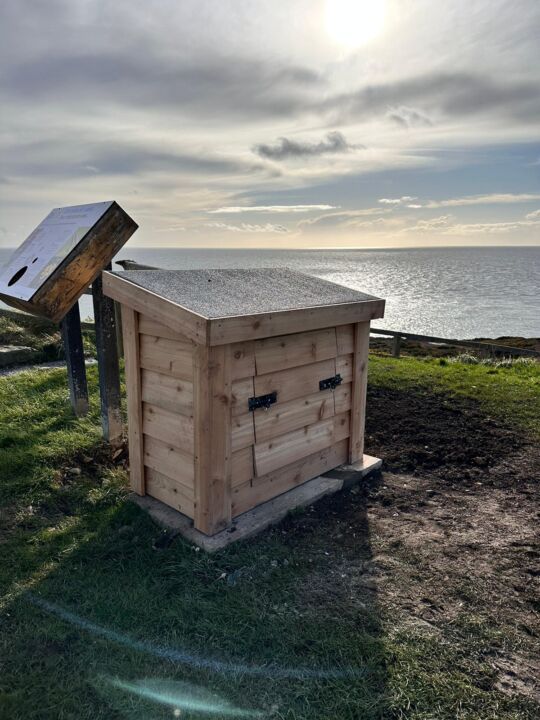
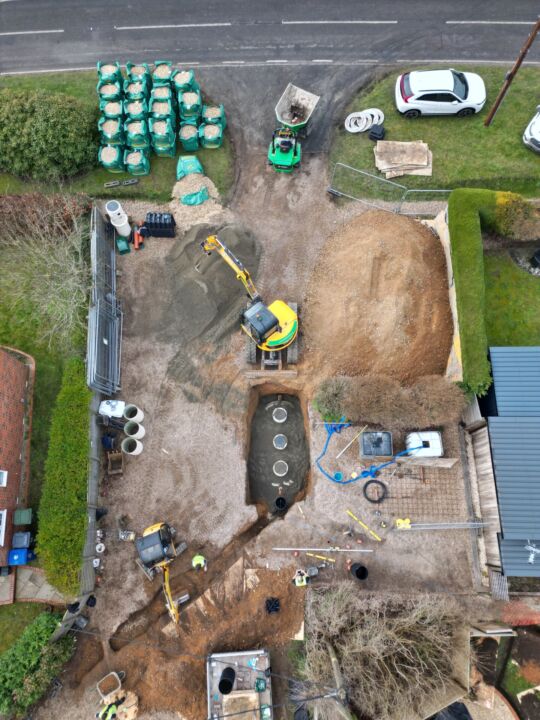
Tailored Solutions for Various Complexities
We tailor solutions for a wide variety of complexities that commercial customers face, including:
- Grease Management: efficient systems that handle high volumes of waste while preventing grease and fat build-up;
- Scalable solutions: that cater to fluctuating visitor numbers or seasonal fluctuations without compromising performance;
- Business continuity: work scheduled around peak periods, nature of your operations and ensuring minimal disruption to your operation;
- Financial Constraints: we will look for the most cost effective, yet efficient solution where possible to fit your budget;
- Environmental Impact and Compliance: provide advice and manage the compliance and regulatory requirements you face, applying for building control and Environment Agency permits, where required;
- Bespoke Solutions: tailored according to your site requirements, such as the aesthetics or weather conditions of your location;
- Site specific complexities: We will take into account site specific complexities within the project management of your site. We have dealt with anything from protected species, poor ground conditions to site access issues;
- Durable and reliable treatment plants designed to meet the unique demands of your operation;
- After care service: to ensure continued performance of your system.
Bespoke Sewage Treatment Solutions
We work with a variety of leading manufacturers to offer bespoke sewage treatment solutions that are customised to your specific needs. Whether you’re upgrading an old septic tank or installing a new system from scratch, we’ll recommend the most suitable options based on your site’s conditions. Our goal is to ensure that you have a system that’s efficient, environmentally friendly, and long-lasting.
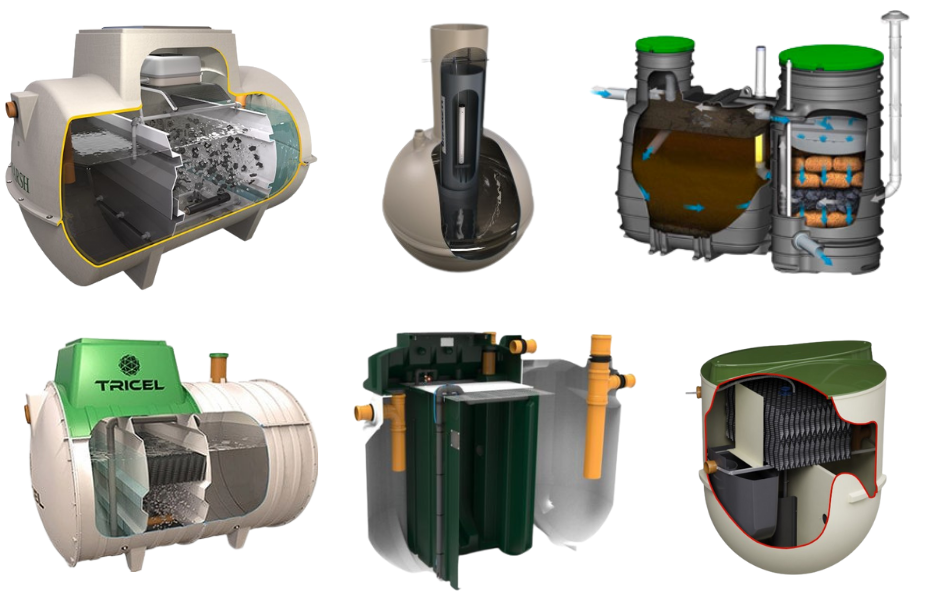

Full Project Management from Start to Finish
When you choose Mantair, we will manage every aspect of your sewage treatment plant installation. From the initial site survey through to liaising with building control and obtaining necessary Environment Agency permits, we handle it all. Our experienced team ensures that every stage of the process is handled professionally and efficiently, so you can have peace of mind knowing your project is in safe hands.
Regulatory Compliance and Expert Advice
Dealing with the regulatory requirements for sewage treatment can be complex, but Mantair’s expertise makes it simple. We ensure that your sewage treatment system is fully compliant with the relevant building regulations and environmental standards. Our team stays updated with the latest legal requirements and takes care of all necessary paperwork, so you can have peace of mind knowing that your installation is fully approved and certified.

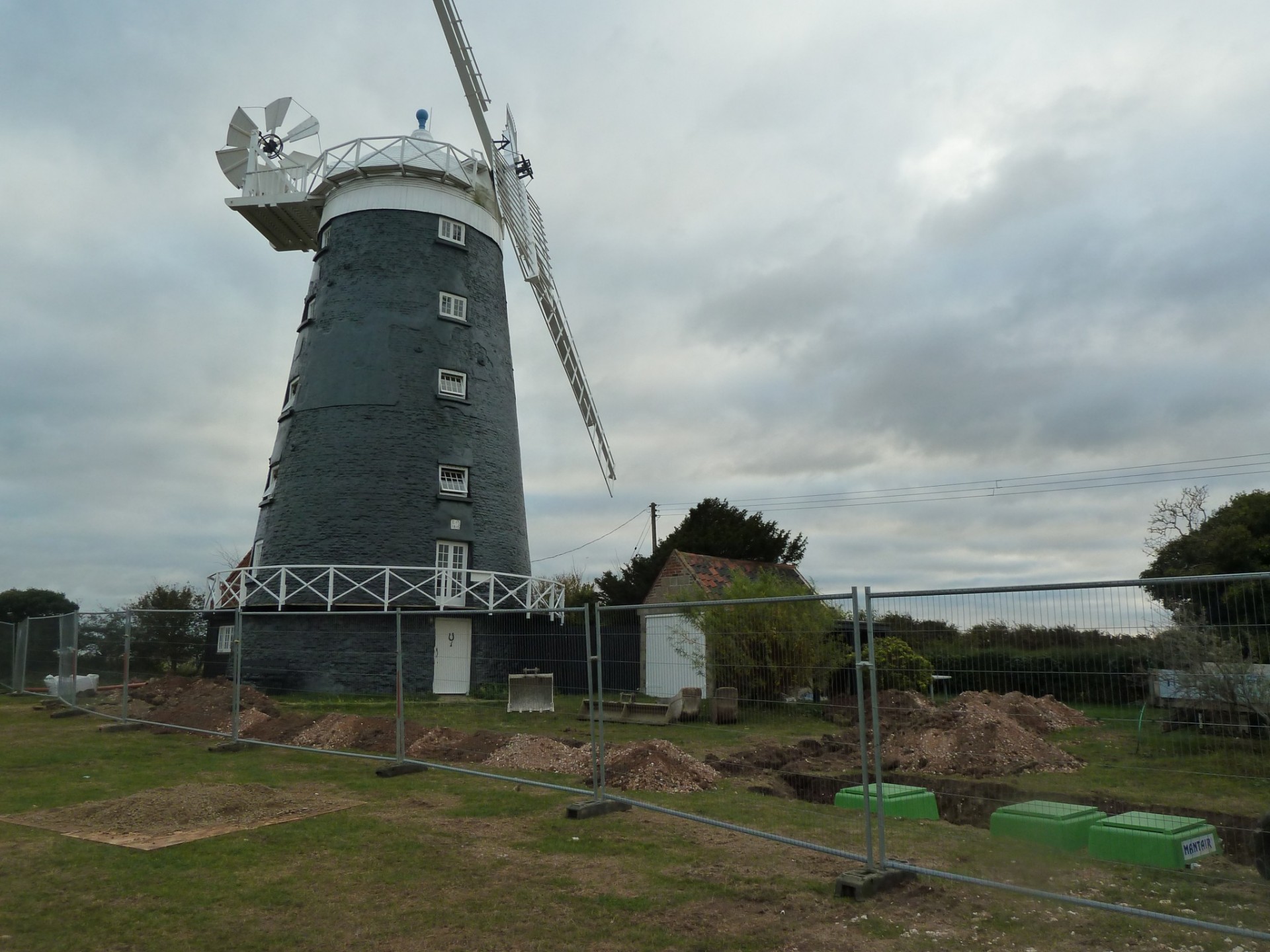
How Our Commercial Sewage Treatment Plants Work
Commercial sewage treatment plants are engineered to provide comprehensive wastewater treatment. They typically include:
- Primary Settlement: Initial phase where solids are separated from the liquid waste.
- Biological Treatment: Microorganisms break down organic matter, reducing Biological Oxygen Demand (BOD), Suspended Solids (SS), and ammonia (NH4).
- Final Settlement: Further clarification of the treated water, making it safe for discharge.
For additional protection, some systems have optional tertiary treatment procedures that can be installed to enhance the quality of the treated effluent. These filters provide extra filtration, ensuring compliance with the Environment Agency’s standards.
Extensive experience working with a wide variety of commercial customers
We have extensive experience of providing off mains drainage solutions for a wide range of commercial customers, including:
- Estate Agents
- Insurance Companies
- Large Highway Construction Sites
- Pubs, Cafes and Restaurants
- Land Estates
- Schools
- Charities
- Campsites and Hotels
- Recycling Centres
- Visitor Centres
- Museums
- Community Centres, including Scout Huts
- Industrial Units
- Builders

Our friendly, knowledgeable team is here to help you find the perfect solution for you.
For further assistance and advice, contact us on 01255 853890 | enquiries@mantair.com – or by filling out the form on our contact us page.
Commercial sewage, waste and drainage projects
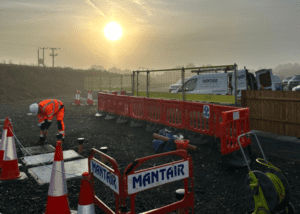
Supporting Morgan Sindall Infrastructure with Reliable Sewage Treatment Solutions
Supporting Morgan Sindall Infrastructure with Reliable Sewage Treatment [...]
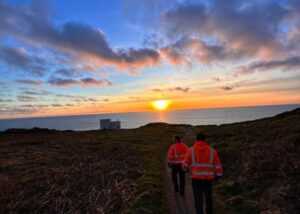
Sustainable Sewage Treatment Solution for RSPB England South Stacks
Sustainable Sewage Treatment Solution for RSPB England South [...]
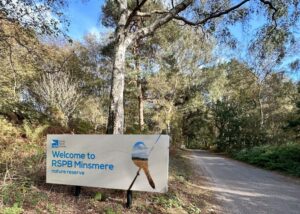
RSPB Minsmere Sewage Treatment Plant Upgrade
RSPB Minsmere Sewage Treatment Plant Upgrade Background RSPB [...]
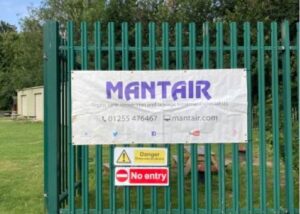
Raw Pumping Station fitted for a Primary School
Installation of a Raw Pumping Station for a New [...]
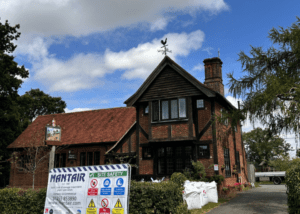
Eco-Friendly Sewage Solution for Blackmore End Village Hall
Case Study: Eco-Friendly Sewage Solution for Blackmore End [...]
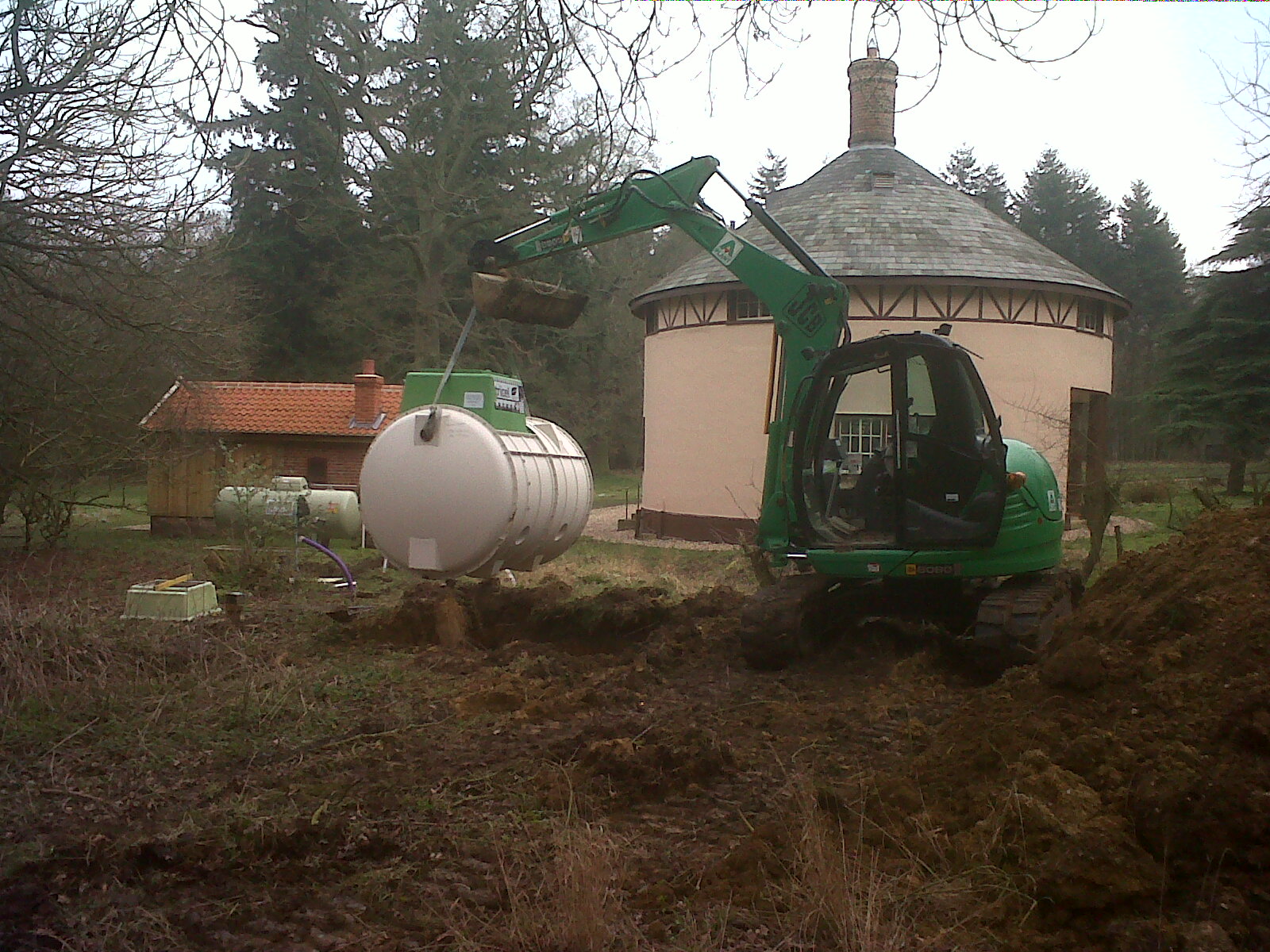
Sewage Treatment Plant Installation in Suffolk – National Trust
Sewage treatment plants offer Suffolk homeowners with a modern [...]
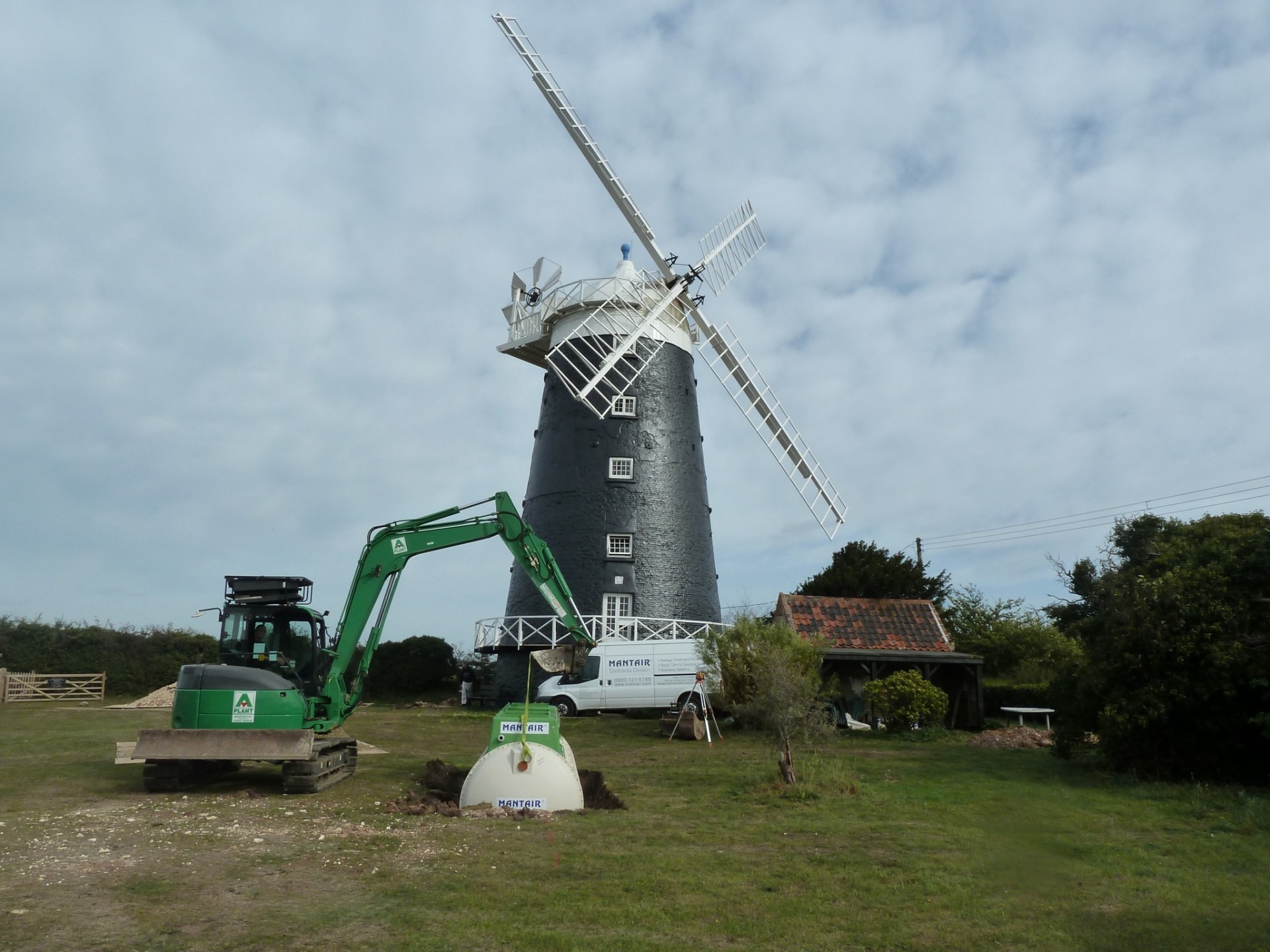
Sewage Treatment Plant Installation in Norfolk – National Trust
Sewage treatment plants offer Norfolk homeowners with a modern [...]
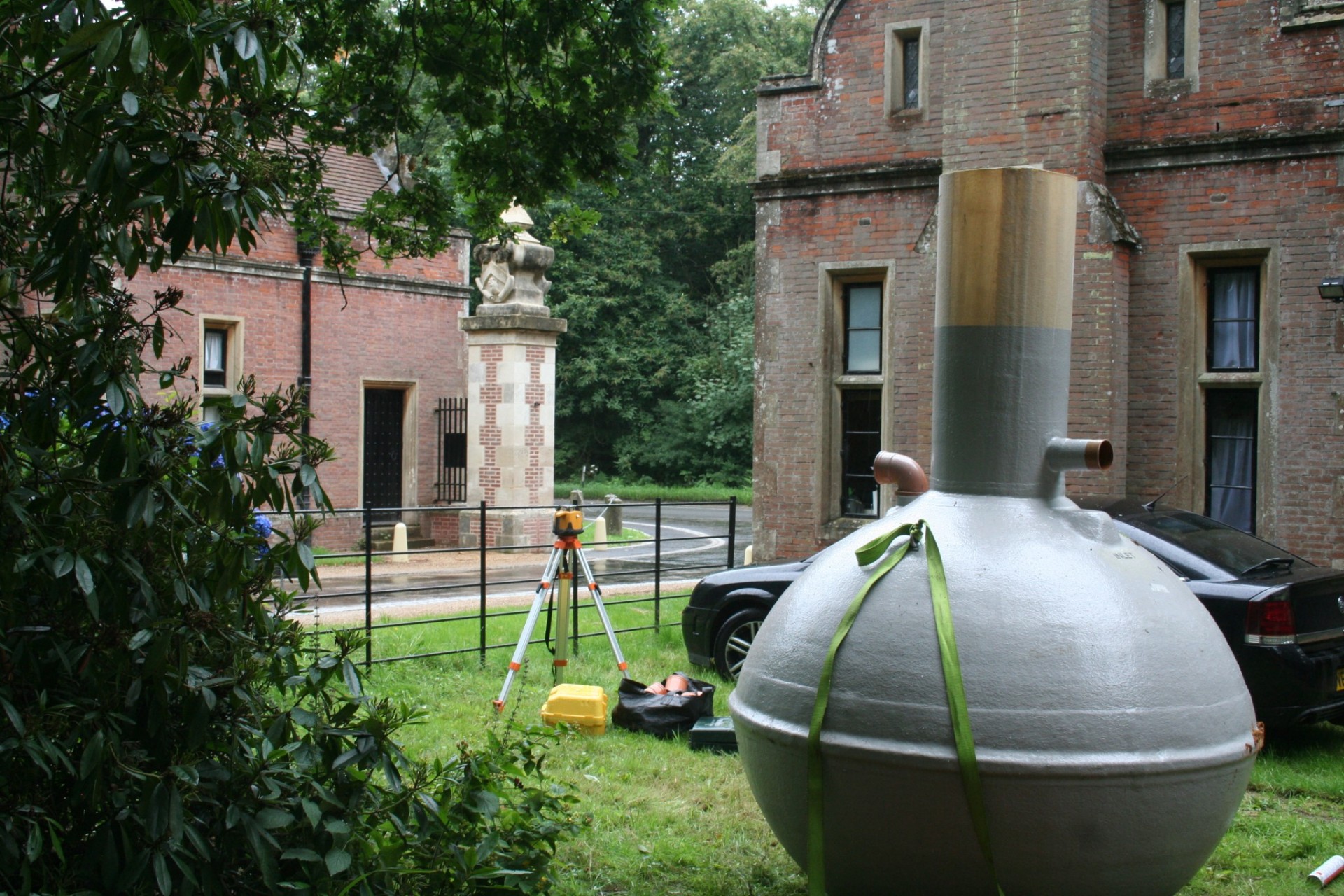
Septic Tank Problem – Cromer Lodge, Felbrigg, Norfolk.
Part of the former Gate Lodge to Felbrigg Hall, [...]
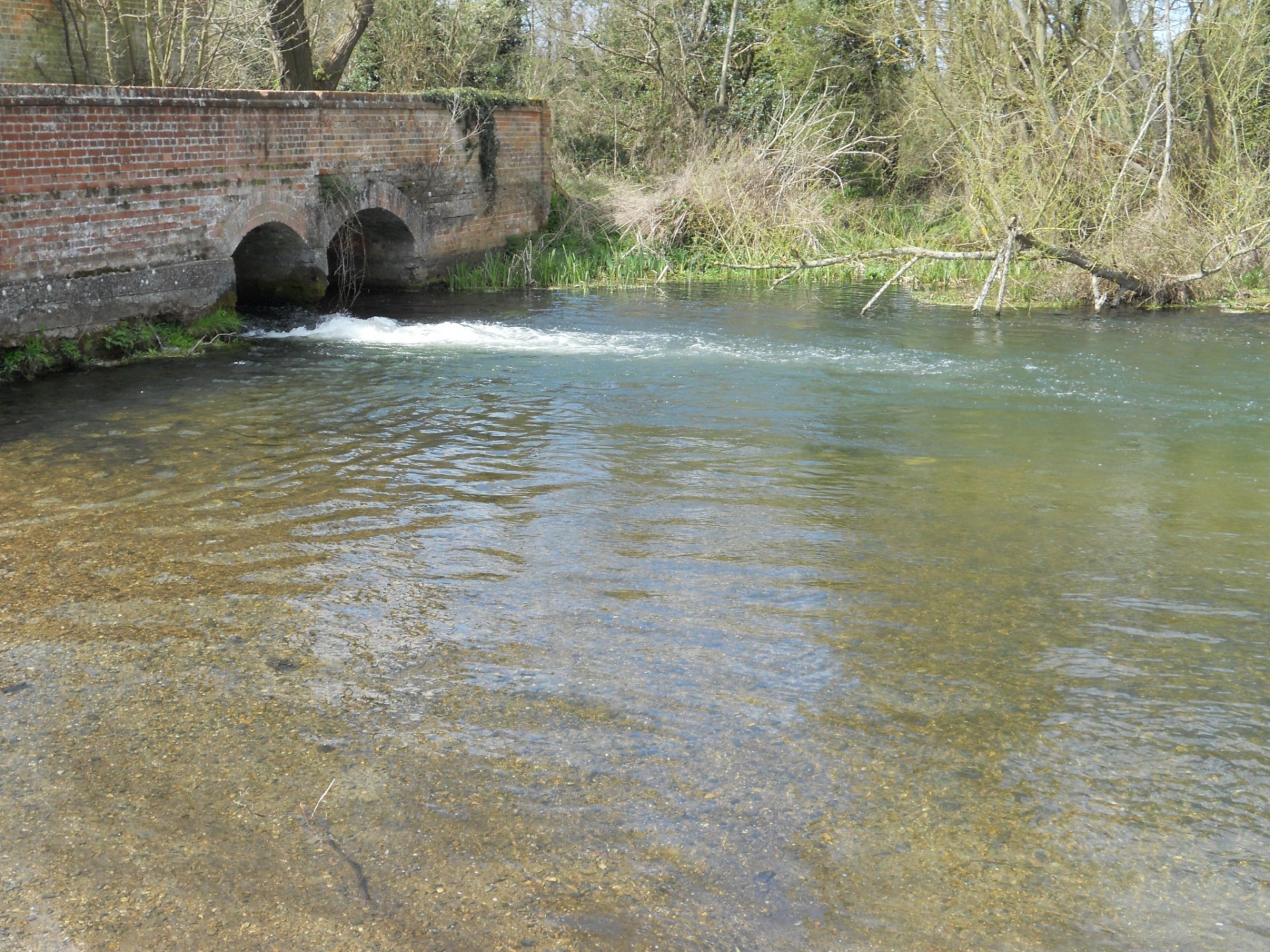
Septic Tank Upgrade – Mill Cottage, Blickling, Norfolk
Located on the delightful Blickling Estate in North Norfolk [...]
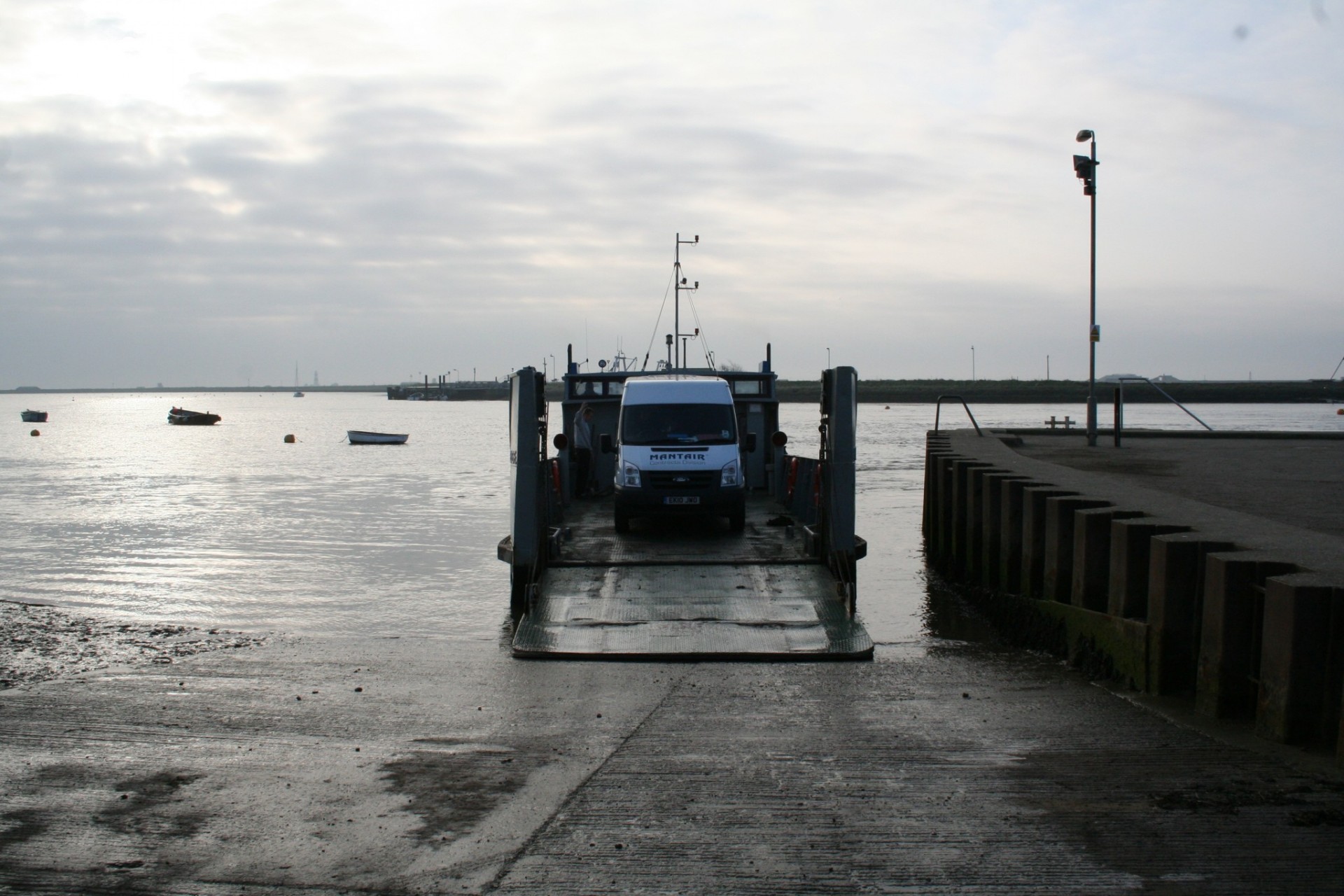
Orford Ness Nature Reserve, Suffolk – Sewage Treatment Plant Installation.
Orford Ness is a 10 mile shingle spit [...]